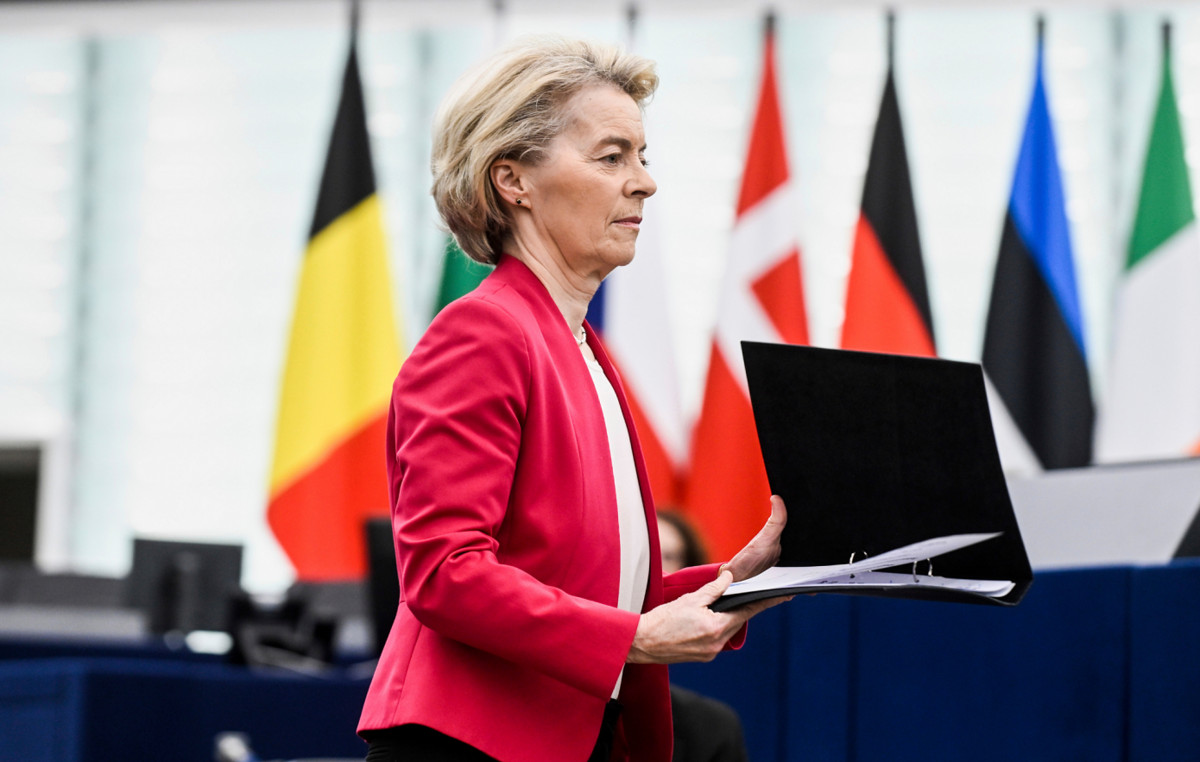US Treasury Secretary Janet Yellen acknowledged this Thursday (14) that inflation in the country is “unacceptably high” and said that reducing it is the current top priority of the US government.
At a press conference in Bali, Indonesia, where he will attend the G-20 meeting this Friday, Yellen explained that he supports the Federal Reserve’s (Fed, the American central bank) plans to control the rise in prices.
“In addition, we are taking our own measures that we believe will be favorable in the short term to reduce inflation, especially what we are doing with energy prices”, he pointed out.
Yellen pointed out that the energy sector accounted for half of the rise in the US consumer price index (CPI) released on Wednesday.
According to her, the American job market is “strong” and “tight”.
“We have witnessed a historic employment recovery – now we have regained all the private sector jobs that were lost,” he said.
The secretary drew attention to the impact of the Russian invasion of Ukraine on the inflationary scenario.
“We are seeing the negative effects of this war in all corners of the world – particularly with regard to higher energy prices and increasing food insecurity,” he commented.
Russian oil
Yellen also said that imposing a cap on Russian oil prices is one of the “most powerful instruments” in the process of controlling inflation.
The secretary pointed out that the resource would remove from Moscow an important part of the revenue it depends on to finance the war in Ukraine.
“It will also help maintain global oil supply, helping to pressure prices for consumers in the US and globally at a time when energy prices are soaring,” he explained.
Yellen commented that he hopes China and India, two of the main customers of Russian oil, understand that the limit on quotes would serve their interests.
Still, she believes that, even without the accession of Asian countries, many of the markets that import from Russia will be affected by the embargo on financial and insurance services imposed by the European Union.
The imposition of a cap on the price of Russian oil began to be discussed last month as part of the G-7 summit in Germany.
The issue has been negotiated with Asian economies, particularly China and India, which resist imposing sanctions on Russia for the invasion of Ukraine.
Janet Yellen assessed that the economic and inflationary scenario in emerging countries has deteriorated in recent months, as a result of the escalation of energy and food prices, in the wake of the war in Ukraine.
She also attributed the move to the Federal Reserve’s more aggressive pace of monetary tightening, which has strengthened the dollar.
According to the secretary, the appreciation of the US currency benefits the export sector in these markets.
“On the other hand, to the extent that countries have debts in dollars, this can make these debt problems more difficult, which are already very serious,” he warned.
Source: CNN Brasil
I am Sophia william, author of World Stock Market. I have a degree in journalism from the University of Missouri and I have worked as a reporter for several news websites. I have a passion for writing and informing people about the latest news and events happening in the world. I strive to be accurate and unbiased in my reporting, and I hope to provide readers with valuable information that they can use to make informed decisions.







